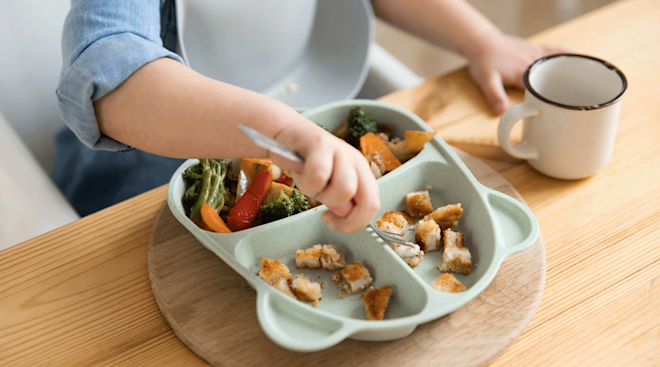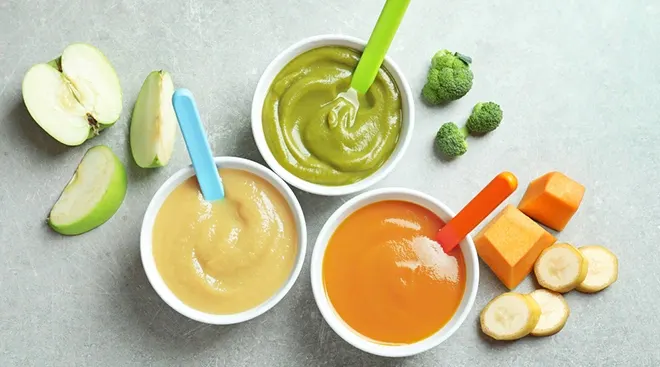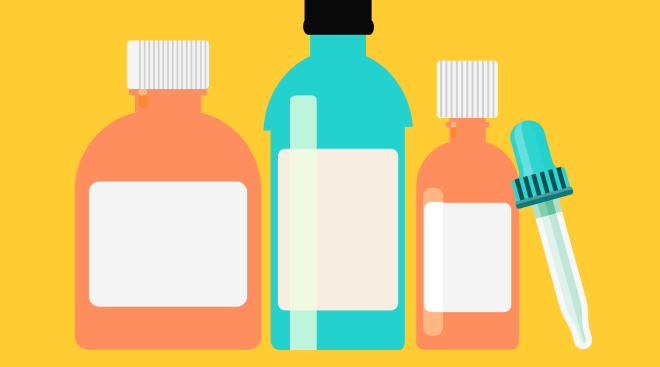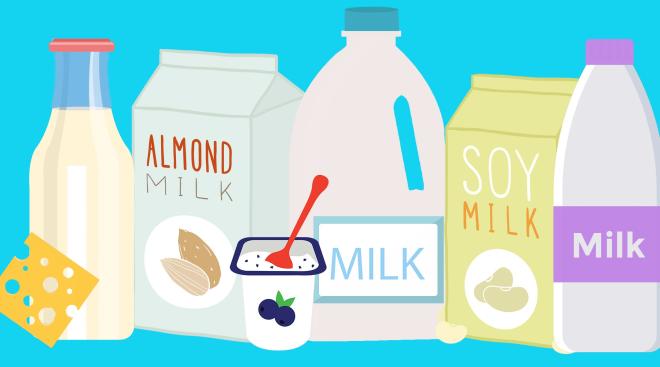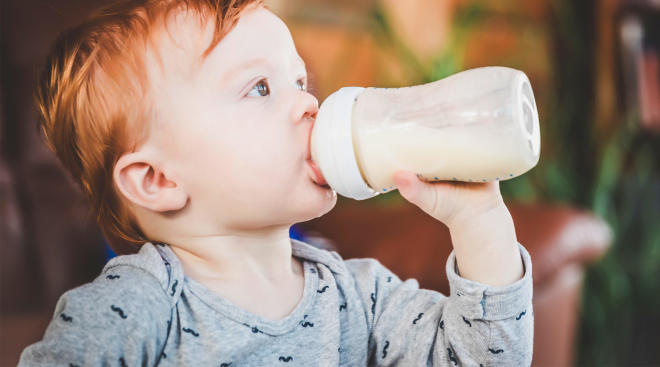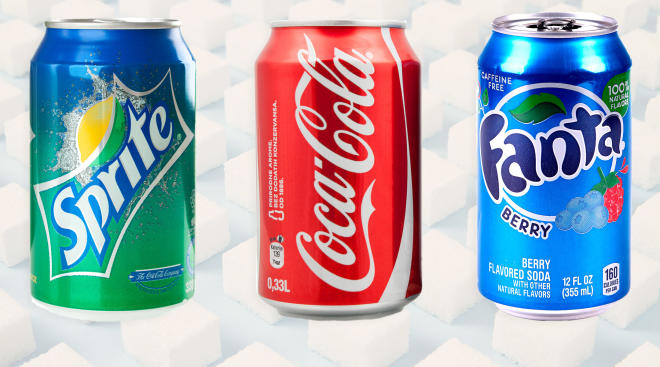Heard of 'Transition Formula'? Here's Why Health Professionals Are Against It
While there are a ton of options, choosing baby food is pretty clear-cut. For starters, infant formula is highly regulated. And from there, solid baby food is broken down and labeled by stage. But as you enter the toddler years, things get a little murkier. Does your child need a transition formula? How is toddler milk different from regular milk? Consider this your reminder that health professionals advise against any drinks with either of those labelings. And to drive that reminder home, a new study is calling for accurate and honest labeling of toddler drinks.
Researchers from New York University and The University of Connecticut teamed up to go to stores and evaluate toddler drink packages, including nutrition labels and claims. They noticed toddler drinks, marketed for children between 9 months and 3 years old, go by a variety of names, most notably “toddler formula,” “transition formula,” “toddler drink," “toddler milk” or "milk drink.” But they all had one thing in common: They boasted at least one health claim on the packaging.
"All product labels made claims related to nutrition and health, and many made claims about expert recommendations that may lead caregivers to believe these products are necessary and healthy,” says study lead author Jennifer L. Pomeranz, JD, MPH. “In fact, they are not recommended by health experts, as there is no evidence that they are nutritionally superior to healthy food and whole milk for toddlers.”
The American Academy of Pediatrics says that toddlers should drink cow’s milk (or these alternatives, if they’re allergic or if your family is dairy-free) from the age of 1 onward, paired with healthy foods. The World Health Organization backs this recommendation, adding that toddler drinks are “unnecessary” and “unsuitable.” Ultimately, these toddler drinks prey on parental fears that their kids need supplemental nutrition. And when they’re manufactured by brands who also make infant formula, it’s easy to believe they’re the natural next step in your toddler’s diet. But in reality, they’re mostly made of powdered milk, corn syrup and other added sweeteners, and contain less protein and more sodium than cow’s milk.
Compared to the legal regulations for how infant formula is marketed (although recent investigations reveal they’re making false health claims anyway), there’s nothing specific for toddler drinks. Researchers are hoping this study, published in journal Preventative Medicine, will help change that.
“Toddler drinks are unnecessary and may undermine a nutritious diet, yet manufacturers have expanded their marketing of these products. Therefore, it is important for labels to be clear, transparent, and accurate,” Pomeranz says. “The FDA and manufacturers should work together to end the inappropriate labeling of toddler drinks and ensure caregivers have reliable information to nutritiously feed their children.”
Please note: The Bump and the materials and information it contains are not intended to, and do not constitute, medical or other health advice or diagnosis and should not be used as such. You should always consult with a qualified physician or health professional about your specific circumstances.
Navigate forward to interact with the calendar and select a date. Press the question mark key to get the keyboard shortcuts for changing dates.





































